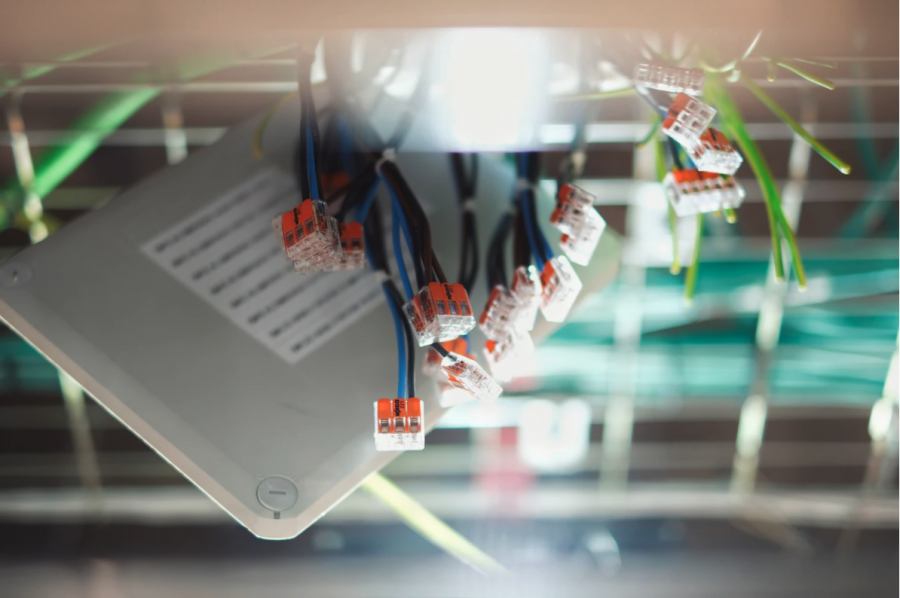Electricians work on repairing and maintaining electrical systems in homes and businesses. As a DIY electrician, you work only on projects in your own home and in the homes of family and friends. Become familiar with the legal requirements of fixing electrical systems in your city and state. Then, choose the specific electrical services that you’ll be working on independently. Take a look at these 4 steps to get started.

Review the Licensing Requirements
Since electrical work is very dangerous, some states require that you become a licensed electrician in your state. This rule could affect DIY electricians who only work at home. Electricians who are working on short-term projects may need to obtain temporary licenses. Staying safe and legal is very important in such a dangerous job. Learn the requirements in your region and start training before beginning any project.
Decide Your Training Route
There are different types of electrical training programs available. Some classes are provided entirely online. Though you might need something to practice with as you learn. Many DIY professionals want to learn everything on their own without any teacher or supervisor. However, it’s not recommended that you learn this skill without hands-on experience. Find accredited training from an affordable program at a trade school. Some electricians start out as apprentices to learn and gain work experience.
Start Reviewing Different Terms
During your lessons, review the many different terms that are used in the electrical industry. Know what each term means and looks like. Circuit breakers are automatic switches that turn on or off to protect your circuits. Alternating current (AC) is a form of household electricity that powers appliances. Being familiar with the various looks and designs of electrical components is important. You need this visual skill throughout learning and doing electrical work. Especially when you fix an old electrical system at night and must use a flashlight to see. In addition to your training, you might want to make flashcards or other memorizing aids to help you remember what each part is and what they are called.
Stay Focused
Every plumber, handyman or electrician must rely on a strong sense of self-discipline to complete the work. Remove distractions, including people, that are hazards to your safety. If your relatives or friends try to give you advice, remember to rely only on professional expert advice. If you’re focused on electrical work, avoid similar yet unrelated fields of study, such as telecommunications or cable splicing. You’ll waste more time learning an unneeded skill that won’t complement your electrical skills. A strong plan of attack when you start any project will help you finish any project with minimal inconvenience.
There are countless electrical projects to work on at home. There are hot tubs that need heating systems installed, and old, damaged circuit breakers that need replacing in homes. A DIY electrician needs the right skills and guides to succeed. With proper training, practice, experience, you can be that electrician, whether professionally or for personal projects. Start with the advice above, and be prepared to learn and grow.